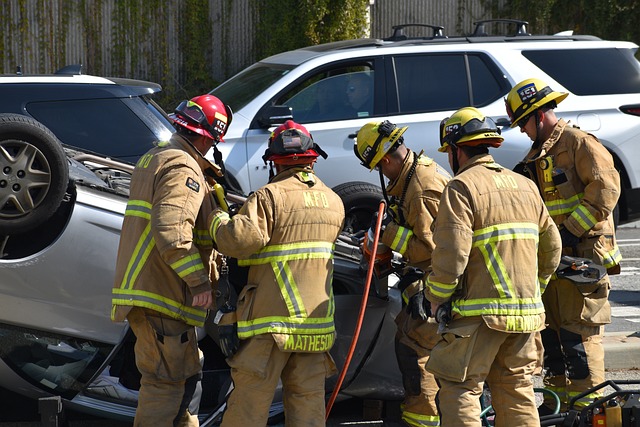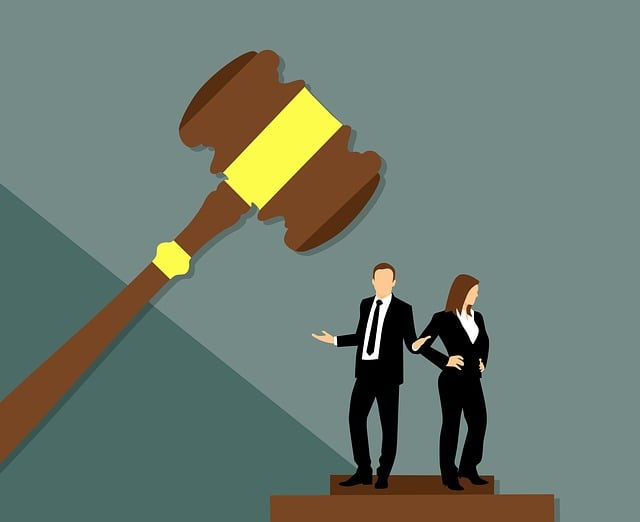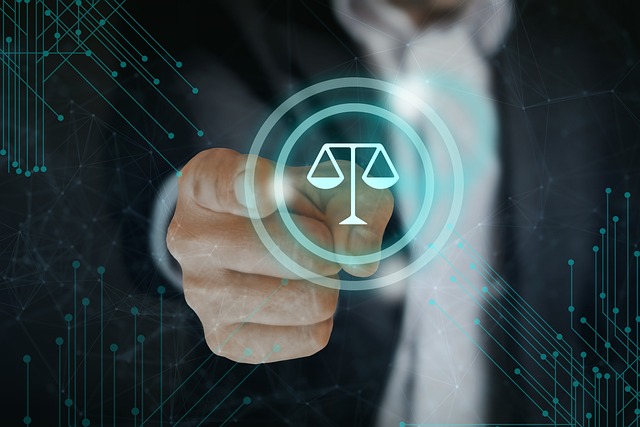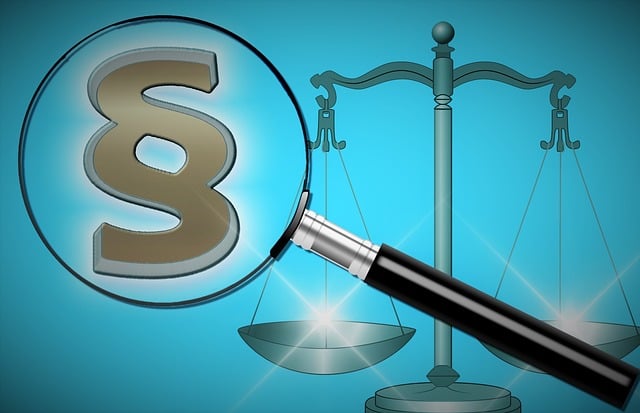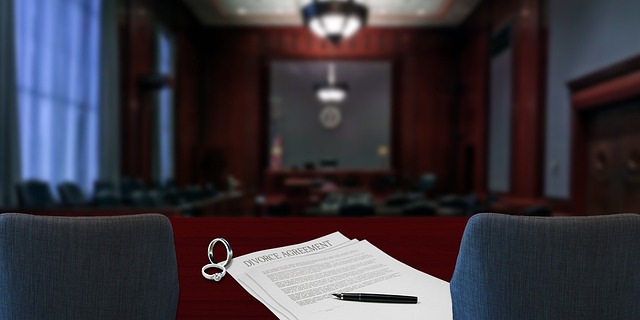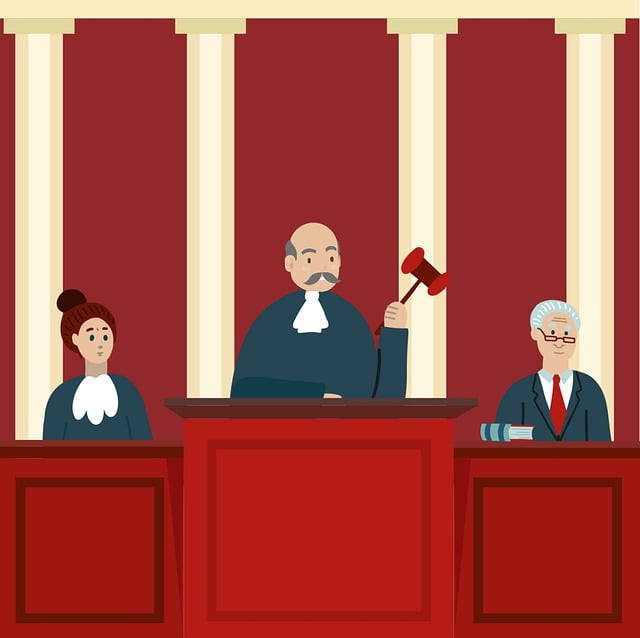Wet floor accidents pose significant risks leading to injuries and legal implications. Property owners, tenants, and cleaning staff bear responsibility for maintaining safe premises. After an accident, prioritize injury assessment, document evidence, and consult a specialized attorney to explore compensation options and understand liability, especially in cases of negligence resulting in personal injury or property damage.
Wet floor accidents caused by mopped surfaces can lead to severe injuries and legal complications. Understanding these incidents’ legal implications is crucial for both property owners and visitors. This article delves into the dynamics of wet floor accidents, exploring liability among property owners, tenants, and cleaning staff. We also guide you through the essential legal steps to take after such an incident, helping you navigate your rights and options effectively.
- Understanding Wet Floor Accidents and Their Legal Implications
- Who is Liable: Property Owners, Tenants, or Cleaning Staff?
- Legal Steps to Take After a Wet Floor Accident: Your Rights and Options
Understanding Wet Floor Accidents and Their Legal Implications
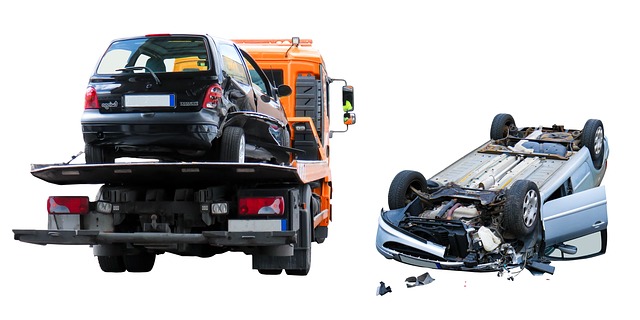
Wet floor accidents stemming from mopped surfaces can lead to serious slips and falls, resulting in injuries that range from minor bruises to severe fractures or head trauma. These incidents are a significant concern not only for individuals but also for businesses, particularly those with high foot traffic like retail stores, restaurants, and offices. Understanding the legal implications of wet floor accidents is crucial for both parties involved—the injured individual seeking injury compensation and the property owner or business entity facing potential property damage claims.
In many jurisdictions, property owners have a duty of care to ensure that their premises are safe for visitors. This includes taking reasonable precautions to prevent hazards, such as wet floors, which could cause accidents. Negligence lawsuits often arise when it’s shown that the property owner failed to meet this standard of care, leading to an avoidable accident. Legal steps may include filing personal injury claims for medical expenses, lost wages, and pain and suffering, or pursuing property damage claims if the incident resulted in significant structural or equipment losses. Commercial disputes over such accidents can be complex, but understanding one’s rights and obligations is key to navigating this challenging situation effectively.
Who is Liable: Property Owners, Tenants, or Cleaning Staff?

In the event of a wet floor accident resulting from mopped surfaces, establishing liability is crucial. The responsibility often lies with the property owner or tenant, as they hold a fiduciary duty to ensure the safety of those on their premises. This includes maintaining a reasonable standard of care, particularly in areas prone to water accumulation. Negligence on their part, such as failing to warn visitors or properly managing cleaning activities, can lead to legal repercussions.
However, cleaning staff also bear some responsibility. They must exercise due diligence while mopping, ensuring that floors are dry and well-signposted to avoid accidents. If a staff member negligently leaves a wet floor without appropriate warnings, they may be held accountable for any resulting personal injury claims or property damage claims.
Legal Steps to Take After a Wet Floor Accident: Your Rights and Options
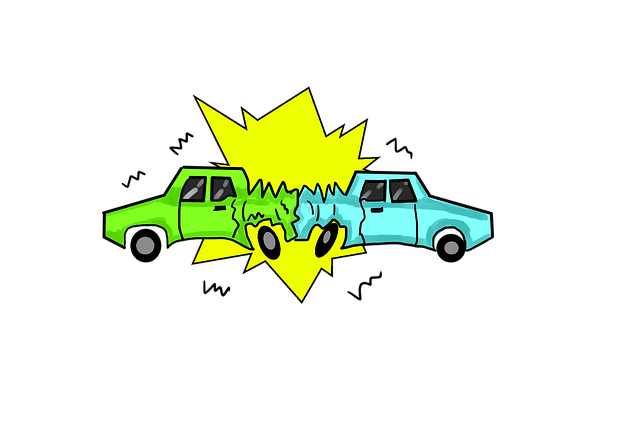
After a wet floor accident, it’s crucial to understand your rights and options. The first step is to assess any injuries you’ve sustained and seek immediate medical attention if necessary. Documenting the incident by taking photos of the unsafe condition and gathering witness statements can be invaluable for your case.
Next, consider consulting with an experienced truck accident attorney or accident attorney who specializes in slip and fall cases. They can help you navigate the legal process, evaluate liability, and explore potential compensation options, including medical expenses, lost wages, and pain and suffering. Even if you’re unsure about pursuing a claim, it’s beneficial to discuss your situation with a legal professional to understand your rights and the feasibility of filing a wrongful death claim if the accident resulted in a fatality.
A wet floor accident can lead to serious injuries and legal consequences. Understanding your rights and taking prompt action is crucial. If you’ve been affected by a slip or fall due to a mopped surface, it’s essential to identify the liable party—whether it’s the property owner, tenant, or cleaning staff—and explore your legal options. Don’t let this unfortunate event go unnoticed; take the necessary steps to ensure justice and compensation for your injuries.
